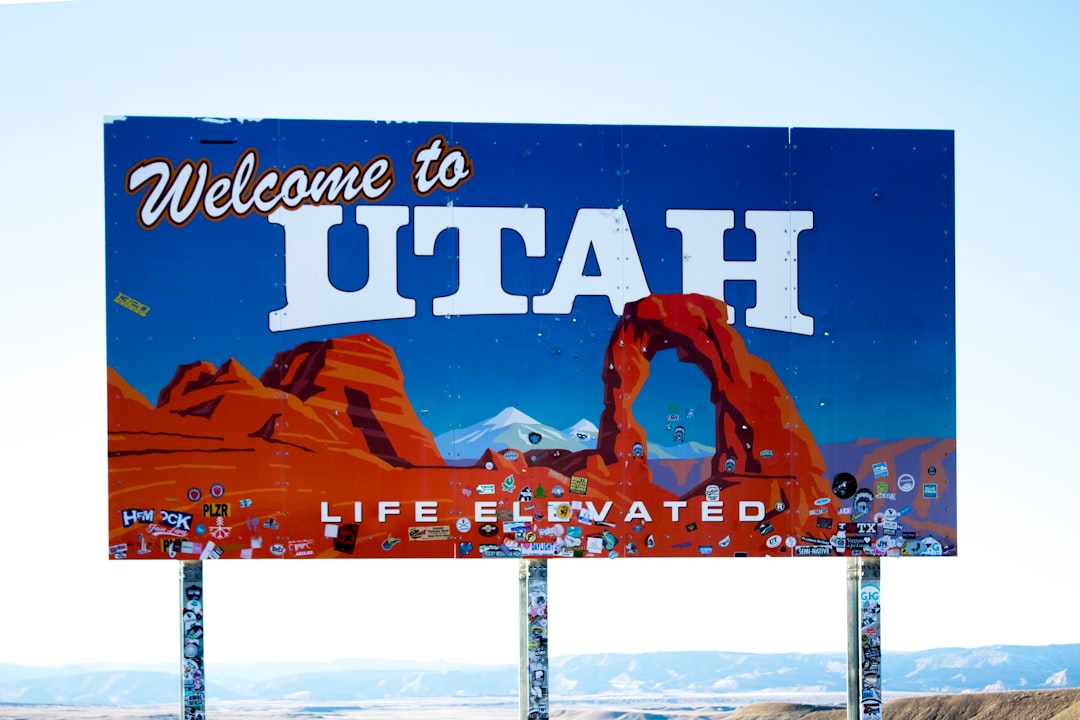Utah's telemarketing laws protect consumers from spam calls by setting guidelines for call frequency, disclosure, and consent. Non-compliance faces severe penalties up to $10,000 per violation. Residents can register on the "Do Not Call" list, file complaints, and ensure explicit consent to reduce unwanted sales calls, reclaiming privacy and controlling communication environment.
In today’s digital age, telemarketing calls can be a nuisance, but they also come with legal repercussions. Understanding and adhering to local telemarketing laws is crucial to avoid hefty fines and protect your privacy. This article guides you through the intricacies of these laws, focusing on Utah’s call regulations, and offers practical tips on how to stop spam calls effectively. By the end, you’ll be equipped to navigate this landscape and ensure your peace of mind.
What Are Telemarketing Laws?

Telemarketing laws are regulations designed to protect consumers from aggressive or unwanted sales calls. These laws govern how businesses can contact potential customers, setting guidelines for call frequency, disclosure requirements, and consent mechanisms. In Utah, for instance, residents have the right to control their phone lines, including restricting marketing calls. Understanding these laws is crucial for both businesses aiming to comply with regulations and individuals seeking relief from unwanted spam calls.
By implementing effective do-not-call measures, such as registering landlines or mobile phones with relevant authorities, Utah folks can significantly reduce the volume of unsolicited telemarketing calls they receive. Knowing their rights and how to exercise them, including filing complaints against persistent violators, empowers residents to reclaim their privacy and silence the relentless ringing of spam calls.
Common Violations and Fines

In the realm of telemarketing, several common violations can lead to significant consequences and substantial fines. One of the most prevalent issues is failure to obtain proper consent before making sales calls, which is a direct violation of many state laws, including those in Utah. Additionally, unsolicited calls made after being placed on a “Do Not Call” list are strictly prohibited and often result in heavy penalties.
Another frequent infraction is the use of deceptive or misleading practices during telemarketing campaigns. This includes making false promises, omitting important information, or using pressure tactics to manipulate potential customers. Such violations can expose businesses to legal action and substantial monetary fines. In Utah, for instance, non-compliance with the state’s telemarketing laws may lead to penalties of up to $10,000 per violation, making it crucial for businesses to understand and adhere to these regulations, especially when aiming to prevent spam calls in Utah.
Protecting Yourself: Utah Call Regulations

In Utah, protecting consumers from unwanted telemarketing calls is taken seriously. The state has implemented specific regulations to combat spam calls, providing residents with much-needed relief from persistent and intrusive sales pitches. One effective measure is registering your phone number on the “Do Not Call” list. This simple step can significantly reduce the volume of unsolicited calls you receive. Utah’s law also mandates that businesses obtain explicit consent before making telemarketing calls, ensuring that consumers have control over their communication preferences.
Additionally, Utah residents can take proactive steps to protect themselves by being cautious about sharing personal information and always verifying the legitimacy of potential callers. If you’re tired of spam calls, don’t hesitate to report them to the Utah Department of Commerce, which oversees compliance with telemarketing laws. By staying informed and taking advantage of available resources, you can reclaim your peace of mind and enjoy a quieter, less intrusive communication environment.






